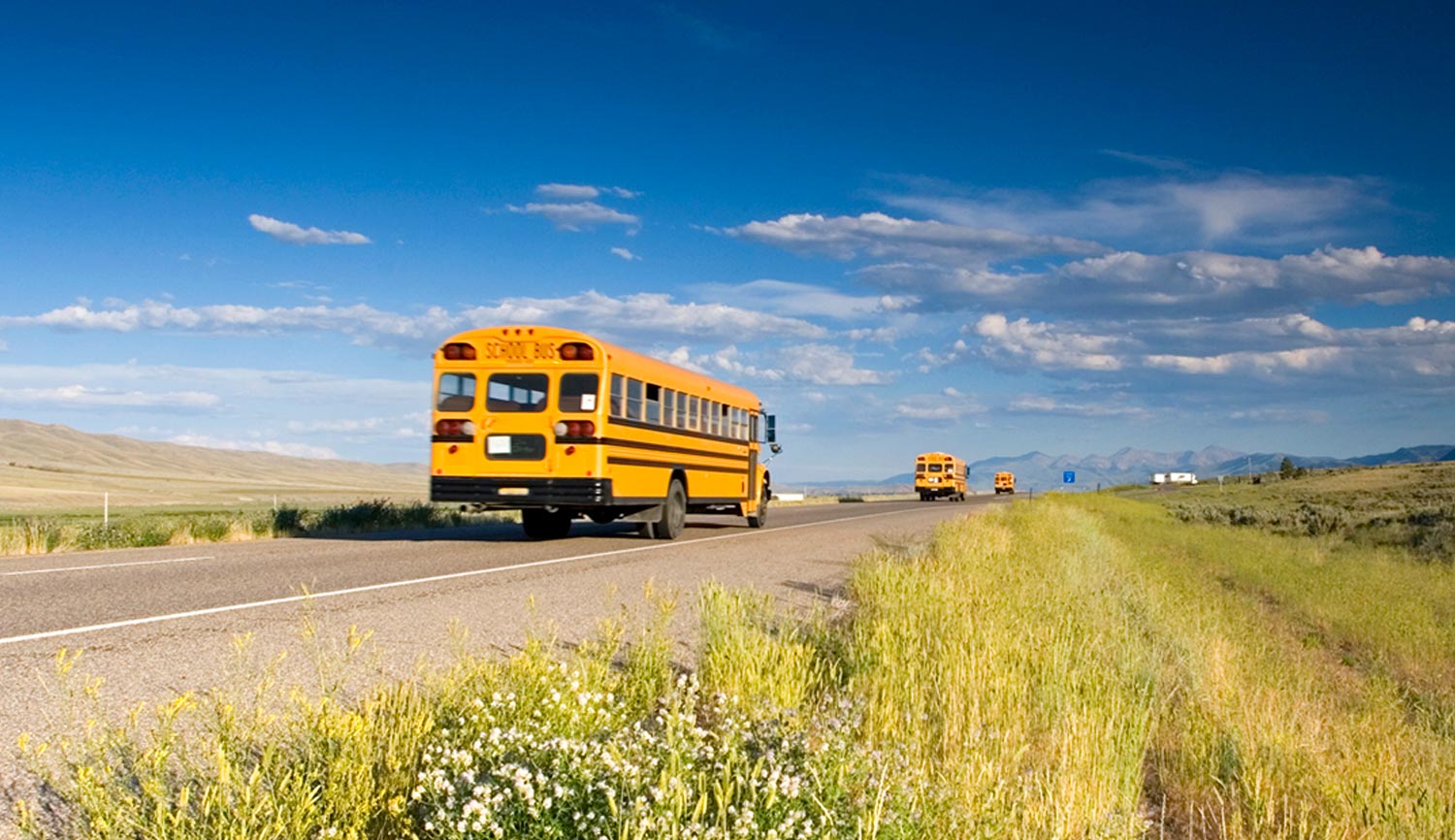
The first, Assembly Bill 2337, will define Frontier School Districts in the California Education Code in alignment with federal grant requirements as school districts that have annual average daily attendance of less than 600 students and are located in a county with a population of less than 10 persons per square mile. This will ensure these small, rural school districts receive recognition for the distinct challenges they face. These include low student enrollment, inadequate financial resources, mixed grade levels in classrooms, difficulty recruiting qualified teachers and unrealistic one-size-fits-all approaches to education policy and funding that often overlook the needs of the state’s rural communities.
The second bill, AB 2364, will ensure that these school districts receive proper recognition, representation and guidance through the establishment of a Rural Education Task Force, which could help rural districts access and spend federal grant money, provide them with a critical voice and expertise in policy discussions at the state level, and allow for a stronger connection between small districts and the California Department of Education. CSBA is seeking an amendment that would add a student perspective to the task force, in much the same way students serve on the State Board of Education and school district and county boards of education.
“As a former school board member in a very rural school district, I was frequently presented with problems unlike those faced by larger urban school districts,” Dahle said. “Too frequently education policy is applied in a ‘one-size-fits-all’ manner. California is the most diverse state in the union and policies need to consider the state’s diversity of geography and demographics.”
President Joe Biden and the U.S. Department of Agriculture’s Forest Service on April 15 announced an investment of more than $238 million to support public schools, roads and other municipal services through SRS — California will receive nearly $30 million for 39 counties and the school districts within those counties that are impacted by federal forest lands. The program was reauthorized for fiscal years 2021 through 2023.
Congress has also enacted the Federal PILT, which provides federal payments to local governments to help offset losses in property taxes due to nontaxable federal lands within local governments’ boundaries. Federal PILT helps local governments provide firefighting and police protection, construction of public schools and roads and search and rescue operations. For schools, these funds can only be used for construction, whereas SRS funds can be used for any educational purpose.
“California’s small and rural school districts have long faced extensive resource and opportunity gaps — deficits they’ve overcome to some degree thanks to the ingenuity of trustees, school staff and families,” said CSBA CEO & Executive Director Vernon M. Billy. “Still, it’s clear that our small and rural school deserve so much more. CSBA will continue to uplift the efforts of small and rural local educational agencies to secure the funding, resources and support needed to provide every student with a high-quality education no matter how remote their locale.”